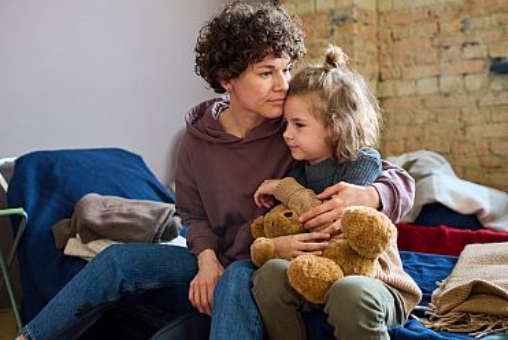 The Illinois State Board of Education (ISBE) today released the results of a statewide landscape scan that revealed that Illinois school districts are well on their way toward phasing in universal mental health screening for students. The report includes four recommendations to close gaps in access to mental health screening and to ensure districts of all different sizes and capacities have the tools they need to successfully implement mental health screening for all students. [ROE26]
The Illinois State Board of Education (ISBE) today released the results of a statewide landscape scan that revealed that Illinois school districts are well on their way toward phasing in universal mental health screening for students. The report includes four recommendations to close gaps in access to mental health screening and to ensure districts of all different sizes and capacities have the tools they need to successfully implement mental health screening for all students. [ROE26]
Similar to physical, dental, and vision screeners, mental health screeners aim to detect social-emotional and behavioral concerns early, so schools can connect students to the appropriate services and interventions before concerns become a crisis.
... The landscape scan report includes four recommendations that recognize districts’ varying capacities and seek to address the most common barriers to implementing universal mental health screening:
Illinois should undertake a phased approach to universal mental health screening of all K-12 students enrolled in public school districts. Universal mental health screening of all K-12 students means mental health screening of every student in every grade enrolled in a school district each year.
ISBE, in consultation with relevant stakeholders, should compile and organize resources to support school districts in improving the mental health culture and climate in schools and reducing the stigma related to screening, referral, and participation in mental health services.
ISBE, in consultation with relevant stakeholders, should release guidance about (1) mental health screening tools available for school districts to use with students and (2) associated training for school personnel.
ISBE should oversee a process of model policy development with relevant stakeholders that supports school districts in implementing universal mental health screening of students.
More>
###
